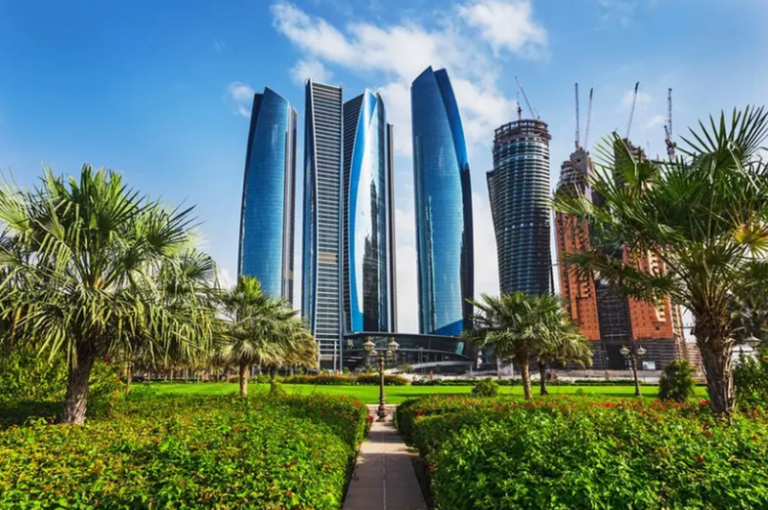The UAE has set a target for electric vehicles (EVs) to comprise 50% of all vehicles by 2050, a goal supported by major companies pledging to decarbonize their fleets. As part of the “Road2.0 powered by UACA” initiative, 17 corporations, including talabat and Unilever, have declared their commitment to adopting zero-emission vehicles, aiming for a 30% decarbonization of their fleets by 2030 and a full transition by 2040.
Led by Emirates Nature-WWF, with endorsements from the Ministry of Energy and Infrastructure (MoEI) and the Ministry of Climate Change and Environment (MOCCAE), Road2.0 is focused on reducing commercial transport emissions. The initiative is already putting EVs on the road, with 90 expected by the end of 2024, and a target to expand to 6,000 by 2030. These vehicles will meet various demands, including refrigerated trucks, two-wheelers, and passenger buses.
Key officials have voiced strong support. Sharif Al Olama of MoEI emphasized the importance of aligning government and business efforts, saying, “Electric vehicles are ready for scalable implementation in the UAE.” The collaboration is expected to advance the UAE’s Net Zero by 2050 strategy, part of a broader goal under the UAE’s Demand Side Management Programme.
The Road2.0 declaration also outlines next steps for tackling operational challenges and promoting the EV market’s expansion. Unilever’s Ahmed Kadous highlighted the significance of partnership in scaling EV deployment, stating, “We are eager to expedite our implementation of EVs on a larger scale… to drive the transformation of the logistics environment.”
Through such initiatives, UAE’s commitment to a low-carbon future is clear, as the country leads efforts in climate action across multiple sectors.


